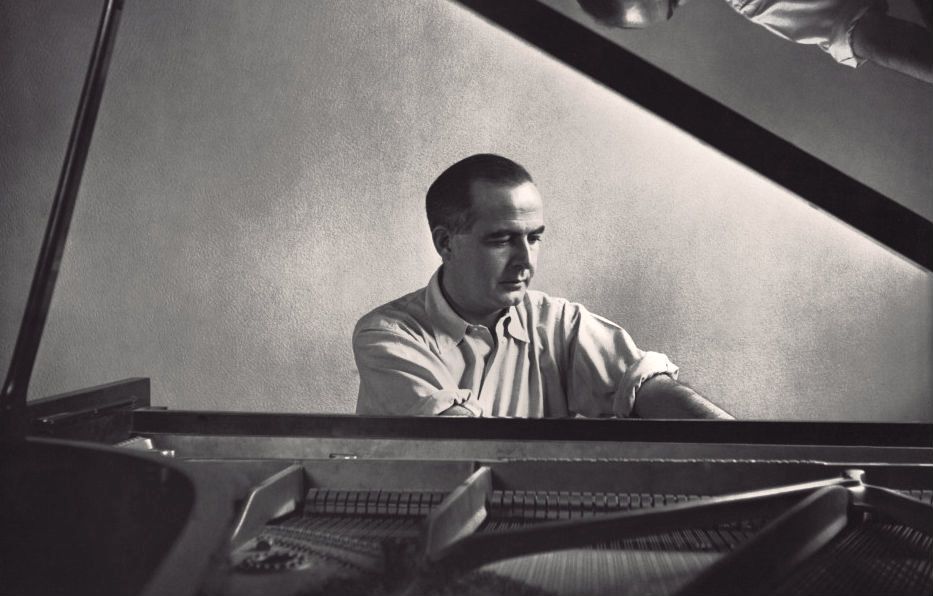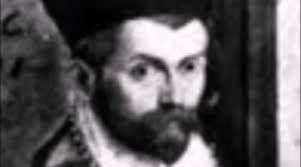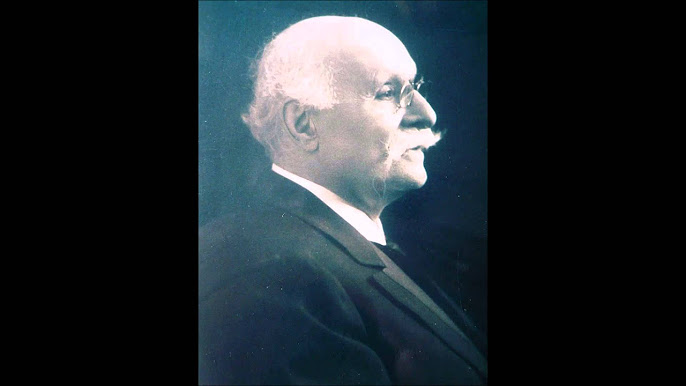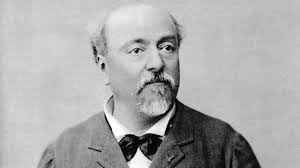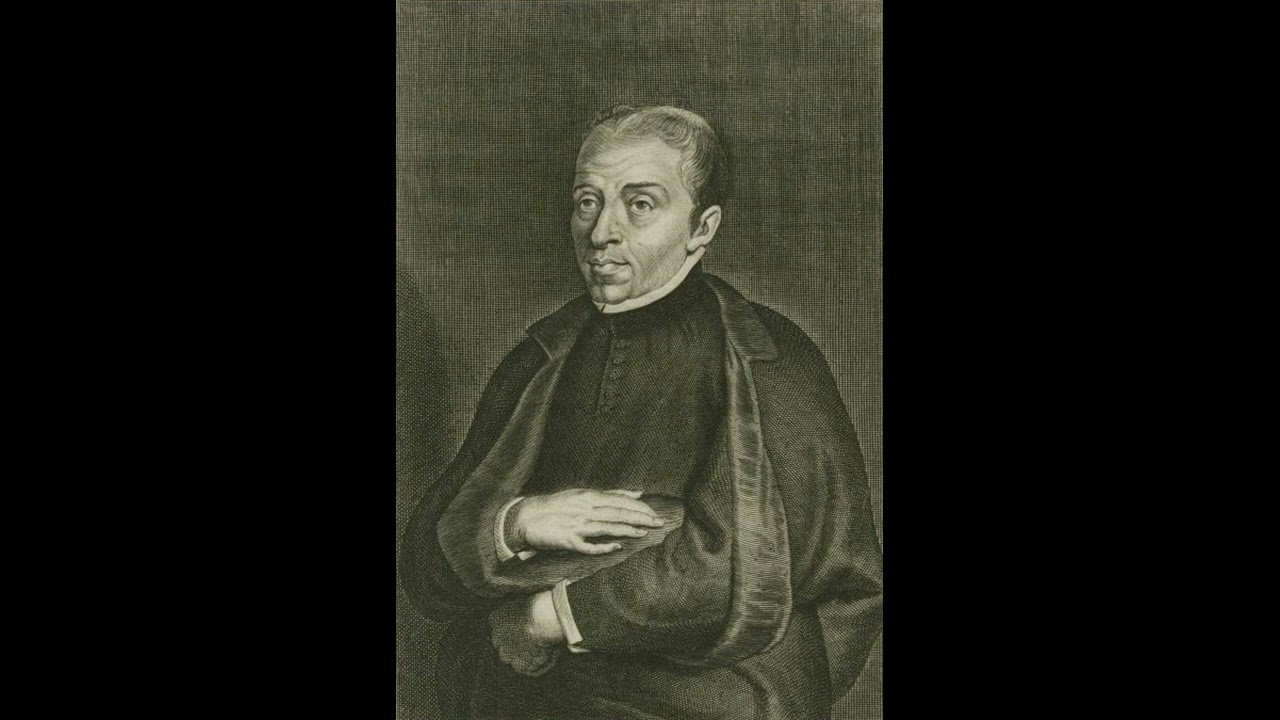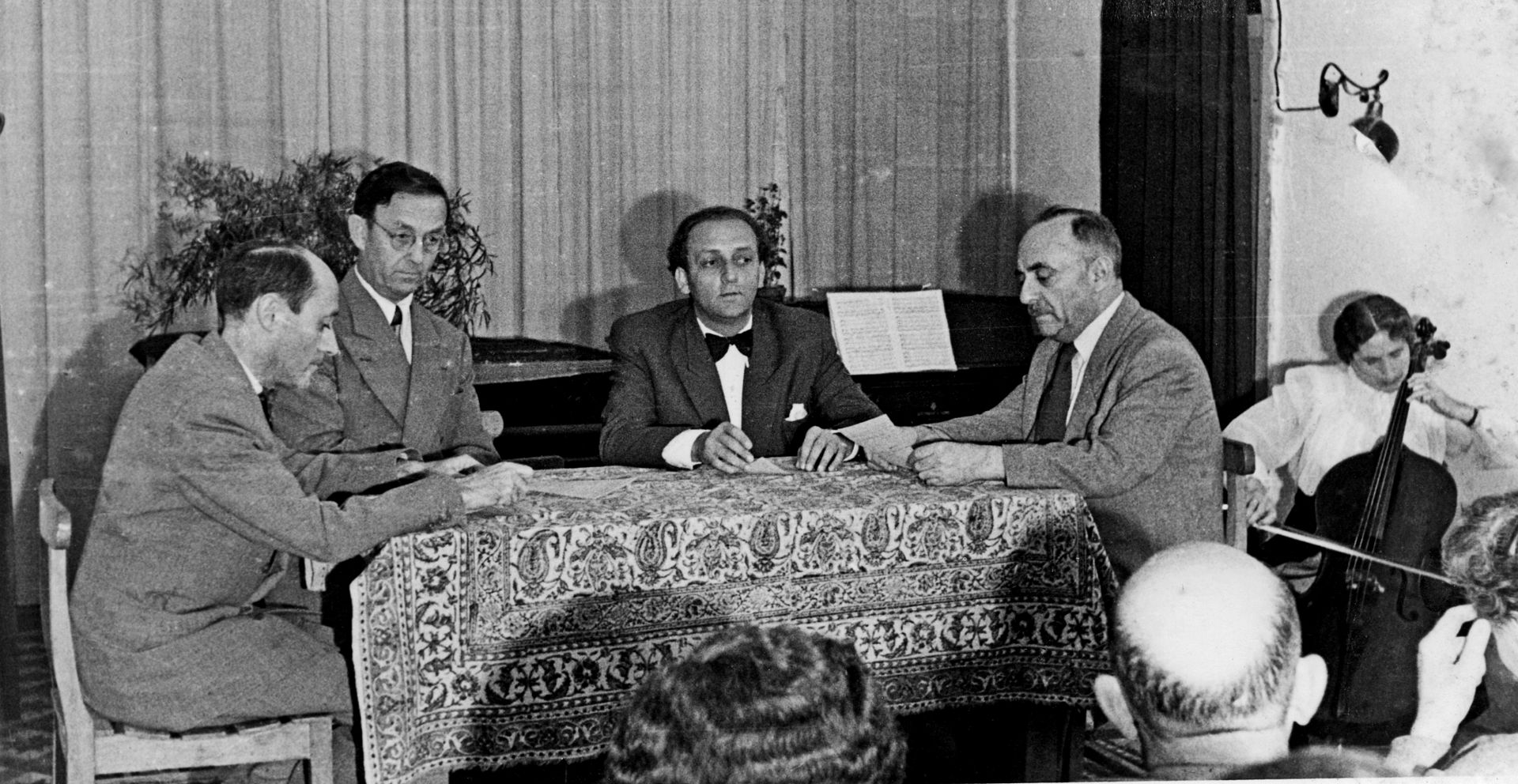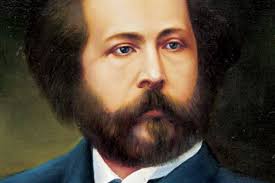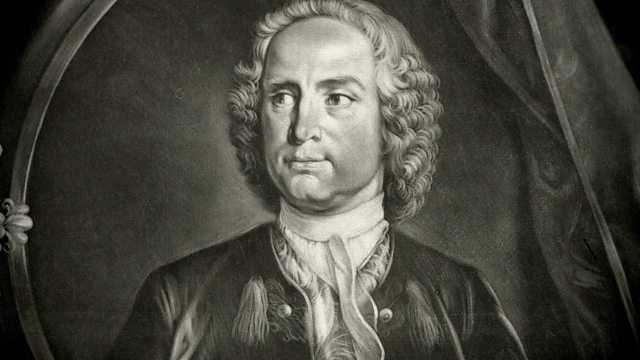Émile Waldteufel was a prominent figure in the world of classical music, renowned for his enchanting waltzes and polkas that graced the ballrooms of 19th-century Paris. Born on December 9, 1837, in Strasbourg, France, Waldteufel was surrounded by music from an early age. His father, Louis Waldteufel, was a musician and bandleader, imparting musical wisdom to his son and nurturing his burgeoning talent.
Émile Waldteufel's musical journey truly began when he enrolled at the Paris Conservatoire at the age of 15. Under the tutelage of esteemed composers such as Jules Massenet and Charles Gounod, Waldteufel honed his skills as a pianist and composer. His exceptional talent and dedication quickly earned him recognition, and he won several prestigious awards during his time at the Conservatoire.
Emmanuel Chabrier was a French composer known for his lively and colorful music that often captured the essence of French culture and spirit. Here are 10 interesting facts about this influential figure:
1 - Early Life: Born on January 18, 1841, in Ambert, France, Chabrier showed musical talent from a young age. Despite his interest in music, he initially pursued a career in law before devoting himself entirely to composition.
Emmanuel Chabrier was a prominent figure in the realm of French classical music during the late 19th century. Born on January 18, 1841, in Ambert, France, he demonstrated a profound musical talent from an early age. Despite being trained as a civil servant and initially pursuing a career in law, Chabrier's passion for music eventually led him down a different path.
In his early twenties, Chabrier moved to Paris, where he immersed himself in the city's vibrant musical scene. He befriended several influential composers and artists of the time, including Claude Debussy, Paul Verlaine, and Vincent d'Indy. Through these connections, he gained exposure to a wide array of musical styles and ideologies, which would later influence his own compositions.
Born on September 24, 1910, in the rich cultural milieu of the Austro-Hungarian Empire, Frank Pelleg's destiny as a musical virtuoso seemed ordained from an early age. Hailing from a lineage deeply rooted in the world of classical music, Pelleg's journey unfolded amidst the turbulent backdrop of shifting borders and political upheavals.
From his formative years, Pelleg displayed an exceptional affinity for music, particularly the piano. His talent quickly garnered attention, leading him to pursue formal training under renowned masters of the era. Immersed in the rich tapestry of European musical tradition, Pelleg honed his skills with dedication and fervor, showcasing a remarkable aptitude for both performance and composition.
